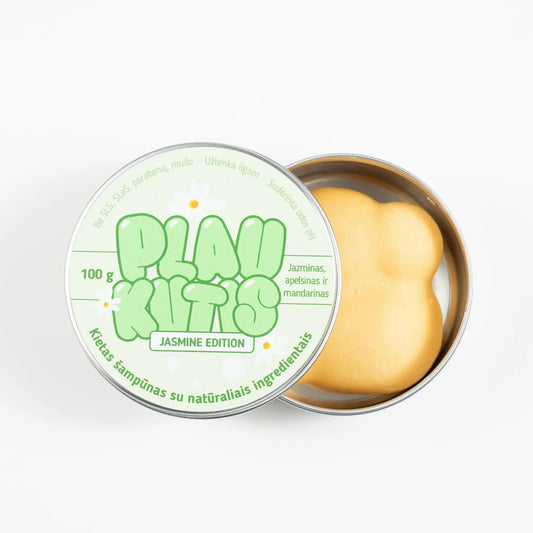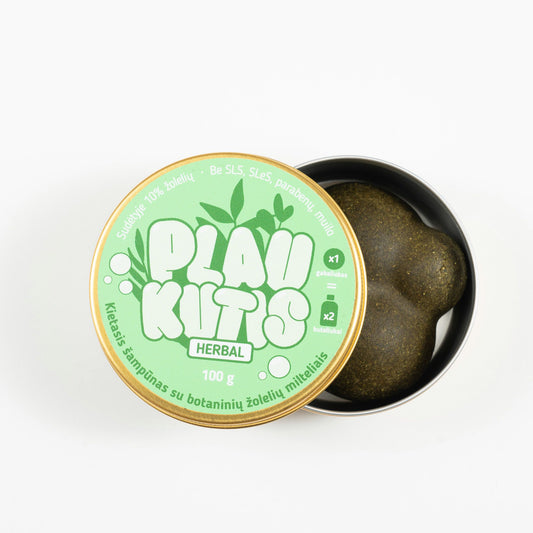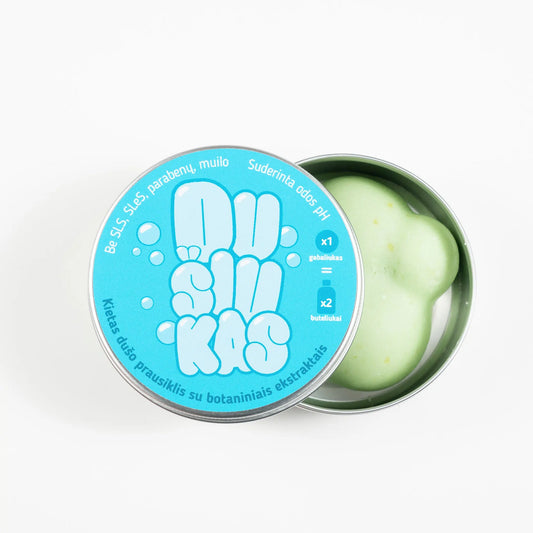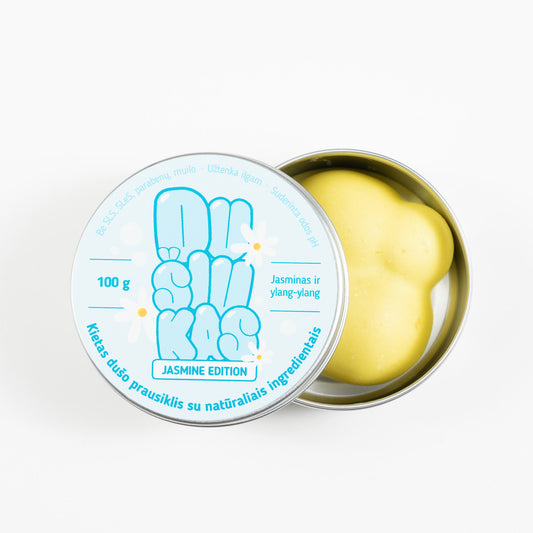Sulfates and silicones are among the most commonly used ingredients in hair care products, but their use is also a source of much debate. While sulfates provide deep cleansing and silicones add smoothness and shine to hair, both ingredients have drawbacks, especially for certain hair types. Understanding how these substances work and the effects they can have on your hair will help you choose the right products for your hair.
In this article, we’ll discuss the pros and cons of sulfates and silicones, providing lesser-known facts, data, and research. By the end of the article, you’ll have a better understanding of when to use or avoid these ingredients in your hair care products for the best results.

Sulfates: cleansing power or scalp irritation?
Sulfates are known for their strong cleansing properties, but they can also be too aggressive for certain hair types.
What are sulfates and how do they work?
Sulfates are surfactants, such as sodium lauryl sulfate (SLS) and sodium laureth sulfate (SLES). They break down oils and dirt, allowing them to be easily rinsed away. Sulfates also create a rich lather, which many people associate with effective cleaning.
Benefits of sulfates
- Deep Cleansing : Sulfates effectively remove oil, dirt, and product residue from your hair and scalp. A 2019 study found that sulfates remove up to 95% of surface dirt after a single wash.
- A great choice for oily hair : For individuals with oily scalps or those who use a lot of styling products, sulfates help remove excess oil and product residue.
- Economical solution : Sulfates are cheap and are widely used in commercial shampoos. They are an ingredient in over 70% of all hair care products sold on the market.

Disadvantages of sulfates
- Stripping of natural oils : Sulfates can over-cleanse and strip away natural oils, which are important for moisturizing and protecting hair. A 2018 study found that using sulfates reduced the moisture content of natural hair by 15% in just one week.
- Scalp irritation : For people with sensitive scalps, sulfates can cause irritation, dryness, or even aggravate conditions like eczema. A 2017 survey found that 1 in 4 people experience some degree of scalp irritation after using a shampoo with sulfates.
- Color fading : Sulfates cause color to fade faster in color-treated hair by stripping the color molecules from the hair. A 2020 study found that sulfates caused color to fade 30% faster compared to sulfate-free shampoos.
Silicones: smooth and shiny hair or heavy residue buildup?
Silicones are another commonly used ingredient, commonly found in conditioners and styling products. While they add shine and help prevent frizz, they can also build up on hair, leaving it heavier and less bouncy.
What are silicones?
Silicones are synthetic polymers that create a protective layer around the hair. They are designed to make hair smooth, less frizzy, and look shiny. The most commonly used silicones are dimethicone, cyclopentasiloxane, and amodimicone.

Advantages of silicones
- Fights frizz : Silicones create a barrier between hair and humidity, helping to control frizz. A 2020 study found that hair treated with silicones had 50% less frizz compared to untreated hair in humid conditions.
- Shine and Smoothness : Silicones create a smooth, light-reflecting surface that gives hair a healthier appearance. 90% of consumers noticed an increase in hair shine after two weeks of using silicone-infused conditioners.
- Heat protection : Silicones also protect hair from heat damage caused by styling tools like straighteners and blow dryers. A 2018 study found that hair treated with silicones suffered 30% less heat damage at temperatures above 180°C.
Disadvantages of silicones
- Residue build-up : Many silicones are not water-soluble, so they don’t wash out with regular shampoo. This leads to product build-up on hair, which can become heavy and dull. A 2020 consumer report found that 40% of people using silicone-based products noticed significant residue build-up after six months of continuous use.
- Hair heaviness : Silicones can make hair feel heavy, especially if the hair is fine or thin.
- Difficult to remove : Most silicones, especially dimethicone, require the use of a clarifying shampoo to be completely removed from the hair.
Who should avoid sulfates and silicones?
Not all hair types respond well to the use of sulfates and silicones. Knowing which hair types can avoid these ingredients will help you make better decisions about your product choices.
Hair types that can avoid sulfates
- Curly and coily hair : These hair types tend to be drier, and sulfates strip natural oils, further drying and frizzing curls. A 2019 study found that 65% of people with curly hair experienced increased dryness after using sulfate-containing shampoos.
- Color-treated hair : Sulfates can strip hair dye faster. A 2020 study found that shampoos with sulfates caused color to fade 30% faster than shampoos without sulfates.
- Sensitive scalp : For those with scalp problems like eczema or psoriasis, sulfates can worsen symptoms and cause redness and itching.

Hair types that can avoid silicones
- Thin or fine hair : Silicones can weigh down fine hair and make it feel heavy. A 2021 study found that 38% of women with fine hair reported feeling weighed down after using silicone-infused conditioners.
- Oily hair : The buildup of silicones can worsen the appearance of oily hair.
- Hair prone to build-up : If you use a lot of styling products, the added silicones can cause more residue buildup.
Alternatives to sulfates and silicones
Many hair care products today offer gentler and more natural alternatives.
- Sulfate-free shampoos : These shampoos use milder cleansing agents, such as cocamidopropyl betaine, which cleanse the hair without stripping it of moisture.
- Water-soluble silicones or silicone-free products : Instead of traditional silicones, choose water-soluble silicones, such as dimethicone copolyol, which wash off more easily and reduce the risk of build-up.

Myth busting or interesting facts
- Myth : "Sulfates are dangerous and toxic."
Fact : Sulfates are safe in cosmetics at regulated levels. However, they can cause irritation in sensitive individuals. - Fun fact : In 2020, demand for silicone-free conditioners increased by 25% as more consumers sought alternatives that wouldn't weigh down hair or cause residue buildup.
- Myth : "Sulfates are necessary for foaming."
Fact : There are many sulfate-free shampoos that create a rich lather by using alternative surfactants, such as sodium coco isethionate. - Fun fact : A 2020 study found that silicone-based products can increase hair's tensile strength by up to 30% , making hair more resistant to breakage.
- Myth : "Silicone buildup causes hair loss."
Fact : Silicones do not cause hair loss, but they can create heaviness and lead to hair breakage.
Practical tips or solutions
- Use a clarifying shampoo : If you use silicone-based products, incorporate a clarifying shampoo into your routine once a month to remove residue.
- Try sulfate-free products : If your hair feels dry or your scalp is easily irritated, choose sulfate-free shampoos.
- Lighter alternatives : If silicones weigh down your hair, try silicone-free conditioners or products with water-soluble silicones.
- Deep Conditioning for Dry Hair : If you avoid silicones, be sure to use deep conditioners regularly to retain moisture and protect your hair from environmental damage.
- Silicone-free heat protectant : Choose heat protectants that use natural oils or other synthetic polymers to protect hair from styling tools.

Frequently asked questions
Q: Can sulfates cause long-term hair damage?
A: No, sulfates do not cause long-term damage, but they can cause dryness and irritation if used too frequently.
Q: Do silicones damage hair in the long run?
A: Silicones themselves do not damage hair, but they can cause buildup, which can make hair look heavy and dull if not washed out properly.
Q: Do sulfate-free shampoos clean effectively?
A: Yes, sulfate-free shampoos can effectively cleanse hair using alternative surfactants such as cocamidopropyl betaine.
Q: How do I know if silicones are building up in my hair?
A: If your hair feels heavy, greasy or lacks volume, it could be a sign of silicone buildup. A clarifying shampoo can help remove this.
Q: Should I avoid both sulfates and silicones?
A: It depends on your hair type. Curly, dry, or color-treated hair often benefits from avoiding sulfates and silicones, while those with oily or thick hair may not experience these issues.
Conclusion
Sulfates and silicones play an important role in hair care products, offering deep cleansing and shine. However, they can also have drawbacks, especially for those with sensitive scalps, curly hair, or hair prone to build-up. Understanding the pros and cons of these ingredients can help you make better choices about how to care for your hair. For those looking for alternatives, sulfate-free shampoos and silicone-free conditioners are gentler options that don’t compromise on effectiveness.













